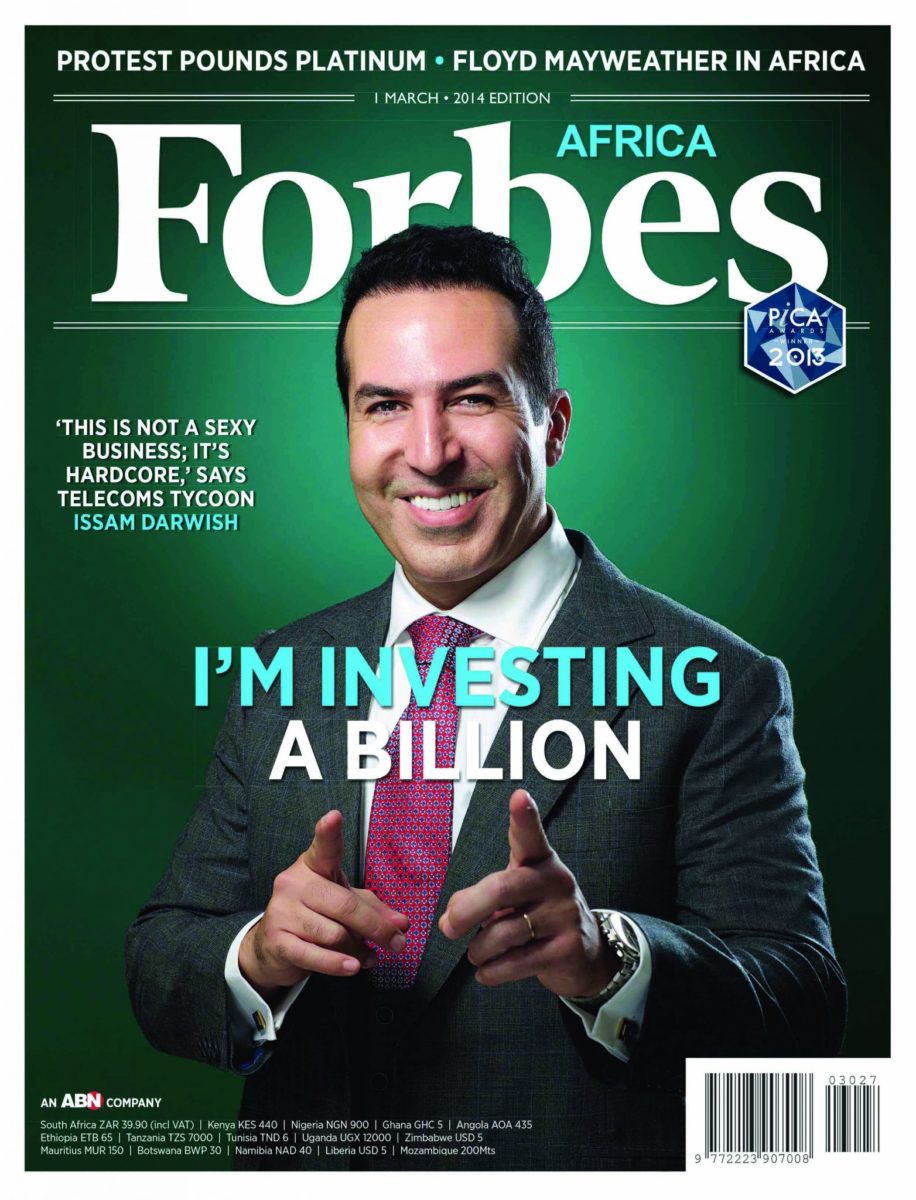Seminal is an odd word. It is a late Middle English word, from the old French, seminal or Latin seminalis, from semen, ‘seed’. Modern English has it meaning ‘a work, event, moment or figure strongly influencing later developments.’
Robert Kennedy’s visit to South Africa was seminal to my life, strongly influencing my later development.
Back in 1966 I was virulently anti-apartheid, a position difficult to explain to modern youth as it seems so obvious, ho hum, of course you were. But in those days most of South Africa’s whites thought you were a terrorist, communist or even a landsverraier (traitor) if you suggested blacks should get the vote. Especially in the Free State where I was born, grew up, went to school, matriculated in 1965.
When Bobby came to South Africa, I was fresh out of school, wide-eyed and bushy-tailed, desperate to hear an American opinion of our politics. So I went to the airport to meet him, then listened intently when he spoke on campus. Please understand, I felt alone in a sea of white people who thought only whites should vote, run the government, have privileged jobs, use the beaches, walk on the pavements, travel first or second class on the railways. And never, ever, should white people mix with other races. Seems strange that so many people could live contentedly with such absurd beliefs, but trust me, they did.
And really, what could I, a nerdy-looking boykie from the Free State, in my first year at university, do to change it?
Robert Kennedy, after his rapturous welcome from students, started off:
“I came here because of my deep interest and affection for a land, settled by the Dutch in the mid-seventeenth century, then taken over by the British, and at last independent; a land in which the native inhabitants were at first subdued, but relations with whom remain a problem to this day; a land which defined itself on a hostile frontier; a land which has tamed rich natural resources through the energetic application of modern technology; a land which once imported slaves, and now must struggle to wipe out the last traces of that former bondage.
“I refer, of course, to the United States of America.”
Sustained laughter. Great start. But not seminal. Towards the end of his speech, in which he said South Africa could lead the world, he said the words now carved in stone over his grave at Arlington:
“It is from numberless diverse acts of courage and belief that human history is shaped. Each time a man stands up for an ideal, or acts to improve the lot of others, or strikes out against injustice, he sends forth a tiny ripple of hope, and crossing each other from a million different centers of energy and daring, those ripples build a current which can sweep down the mightiest walls of oppression and resistance.”
It changed my life.
Suddenly I thought perhaps my small contribution could make a difference. I didn’t have to change the whole world, did not have to eat the whole elephant myself, just do my bit, piece by piece, and each time I’d make a difference.
Helen Suzman’s famous report-back meetings to her Houghton constituency after South Africa’s parliamentary session were also seminal, making me believe there were others who believed as I did. I was not alone.
Time and time again I would go to the Kennedy speech when first I became a political journalist, and then in the turbulent 1990s when I edited The Star. I suspect had I not gone to that speech, not been inspired, I may have been a lesser editor of what was then Johannesburg’s biggest paper. The words guided me when times were dark and no light could be glimmered at the end of the tunnel. Every act counted, I told myself and, eventually, told my reporters, every single act that could bring down the awful edifice of apartheid.
They interviewed me for the movie A Ripple of Hope and asked me to read the relevant bits from the speech. I tried, but each time choked up, although it was four decades after I had first heard it.
At the funeral of Martin Luther King Jr, Bobby said: “Let us dedicate ourselves to what the Greeks wrote so many years ago: to tame the savageness of man and make gentle the life of this world.”
He would have made a great president, Bobby. Humour, intelligence, compassion, a way with words and that special Kennedy magic.
